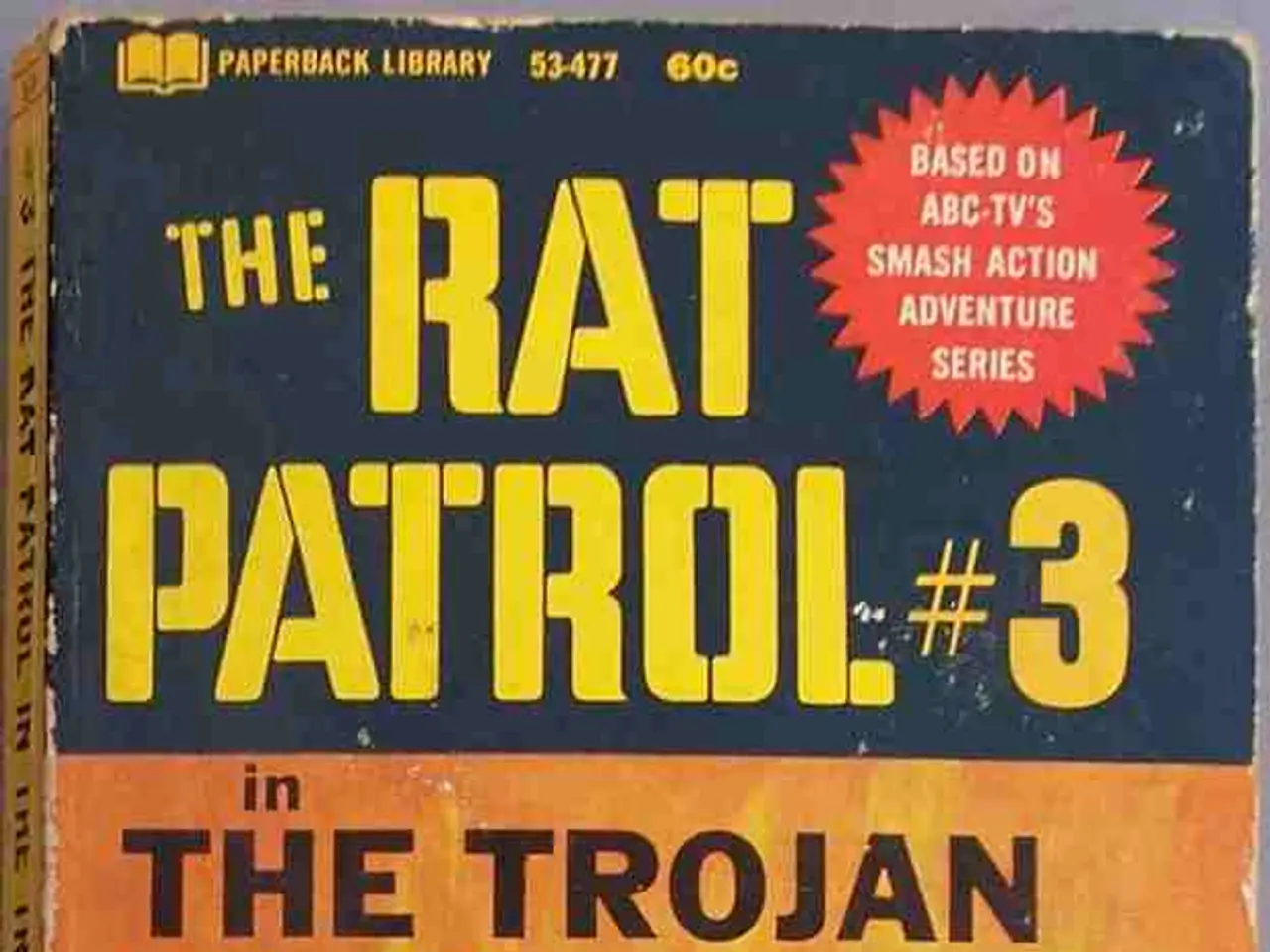Is it mandatory for Mexico to tolerate US cartel activities?
In a recent article published by The Mazatlan Post, six Mexican drug cartels were identified as significant contributors to the U.S. drug and opioid crisis, according to the DEA. However, the article did not provide new information about U.S. military actions against these cartels or the arrests of Mexican cartel leaders.
One of the key points raised in the article is the potential consequences and legal implications of the U.S. conducting military operations against Mexican cartels without Mexico's consent.
Legal Implications:
Such unilateral military action would likely be considered a violation of Mexico's sovereignty under international law, specifically breaching the United Nations Charter, which prohibits the use of force against another state's territory without consent or UN Security Council authorization[4]. This could be framed as an “act of aggression” or “breach of the peace” under international norms.
It could also violate the Inter-American Treaty of Reciprocal Assistance, which governs the use of armed force among nations in the Western Hemisphere[4].
Mexico's government has clearly rejected the possibility of U.S. military intervention on its soil, emphasizing cooperation but ruling out invasion[2]. Acting against this position risks serious diplomatic fallout.
Potential Consequences:
Diplomatic relations between the U.S. and Mexico could severely deteriorate. Given strong regional sensitivities to U.S. military presence in Latin America, such action could provoke political backlash beyond Mexico, affecting broader regional cooperation on security[4].
Militarily, using U.S. forces to combat cartels on Mexican soil might not be effective in reducing violence or drug trafficking long term. The objective and metrics of success remain unclear, raising questions about strategic viability[4].
The deployment of U.S. military forces without clear authorization and without Mexican cooperation could escalate violence, destabilize communities, and worsen humanitarian impacts, possibly increasing recruitment into cartels and undermining rule of law in Mexico.
The potential consequences and legal implications of the U.S. conducting military operations against Mexican drug cartels without Mexico's consent are significant. Current U.S. policy focuses on law enforcement tools, sanctions, and cooperation rather than unilateral military action on Mexican territory[1][2].
It's important to note that the U.S. has carried out drone strikes in the Middle East without permission, which raises questions about the consistency of its approach to international law and diplomacy.
In summary, conducting military operations against Mexican drug cartels without Mexico's consent would be legally problematic due to violations of sovereignty and international law, and practically risky, with likely negative diplomatic, security, and social consequences[2][4].
Read also:
- Southwest region's most popular posts, accompanied by an inquiry:
- Discussion between Putin and Trump in Alaska could potentially overshadow Ukraine's concerns
- Massive 8.8 earthquake hits off the coast of Russia's Kamchatka Peninsula, prompting Japan to issue a tsunami alert.
- Tinubu's administration allegedly causing issues within every political party as Peter Obi's name surfaces - Obidient Movement asserts







